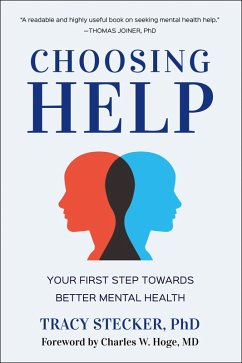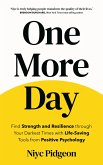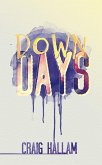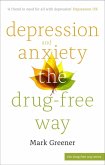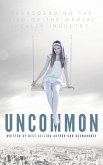Why do so many people resist getting help-even when their lives depend on it? In Choosing Help, psychologist Tracy Stecker, PhD, offers a compassionate and evidence-based guide to understanding the deep-rooted reasons why individuals avoid treatment for mental health and substance use issues-and how to help them move toward change. Drawing on decades of clinical research and real-world experience, Dr. Stecker explores the psychological barriers that keep people from seeking support, from fear and shame to mistrust and denial. Rather than placing the burden solely on families or communities, Choosing Help introduces a groundbreaking intervention model designed to shift the individual's own mindset-making the decision to seek help not just possible, but empowering. Each chapter of Choosing Help dives into a specific mindset that keeps people from seeking support. You'll meet individuals who believe treatment won't work, who insist they're not ready, or who feel they don't need help at all. Others are convinced they can handle it on their own, fear being forced into the wrong kind of treatment, or struggle with the vulnerability of opening up. Through these stories and insights, Dr. Stecker reveals how these beliefs form-and how they can be gently challenged and transformed. With clear analysis, relatable case studies, and actionable strategies, Choosing Help equips readers with the tools to recognize resistance, respond with empathy, and guide themselves or others toward healing. Whether you're a clinician, caregiver, loved one, or someone wrestling with your own reluctance, this book is a vital resource for making help feel like a choice-not a confrontation.
Dieser Download kann aus rechtlichen Gründen nur mit Rechnungsadresse in A, B, BG, CY, CZ, D, DK, EW, E, FIN, F, GR, HR, H, IRL, I, LT, L, LR, M, NL, PL, P, R, S, SLO, SK ausgeliefert werden.

